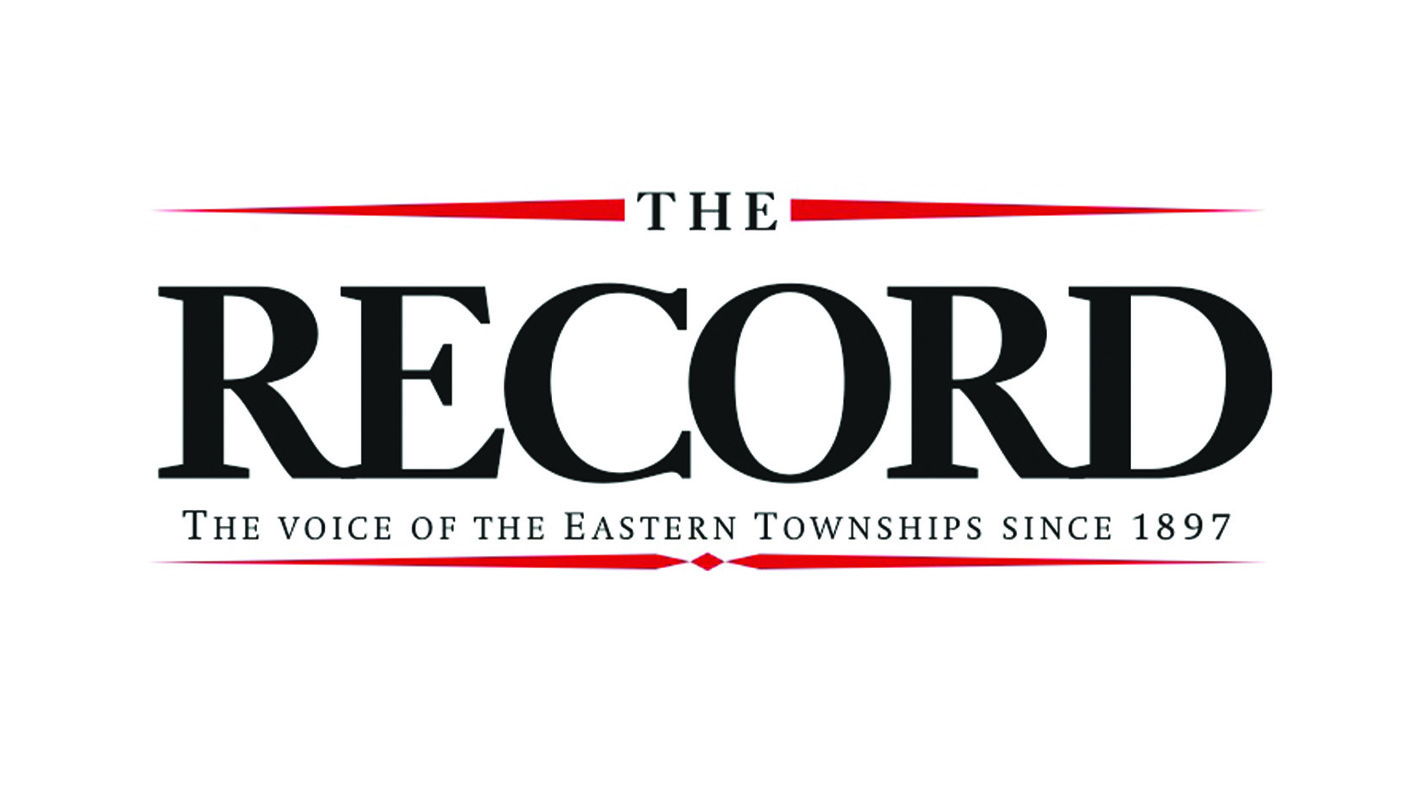By William Crooks
Local Journalism Initiative
On Dec. 4, a videoconference brought together representatives from over fifteen citizen groups, vigilance committees, and local health and social services advocacy movements, gathered to address the challenges posed by the Bill 15 overhaul of the health and social services network, with a particular emphasis on fostering meaningful citizen participation.
Among them was the Memphrémagog Health and Social Services Vigilance Committee (MHSSVC), stressing the importance of citizen involvement and local governance when considering changes to the health and social services network.
A critical aspect of Bill 15 under scrutiny is the proposed replacement of current boards of directors with advisory councils. The specifics of these councils, including appointment procedures, remain undefined. The bill has also drawn criticism for its near omission of social services and home care, focusing predominantly on structural changes rather than service enhancement.
According to a press release published by MHSSVC , these concerns are resonating throughout various regions of Quebec, including Gaspésie, Bas-Saint-Laurent, Outaouais, Montérégie, Mauricie and Central Quebec, Saguenay-Lac-Saint-Jean, Chaudière-Appalaches, and Estrie. Centralized services shifting to urban centers have sparked a widespread outcry over the diminishing access to local healthcare and social services. Examples abound, from the dilapidating hospital in Drummondville to service relocations impacting Salaberry-de-Valleyfield, Sorel-Tracy, the MRC des Collines, Papineau in Outaouais, La Pocatière, Saint-Jean-Port-Joli, Amqui, and Estrie.
The recent videoconference, convened by prominent organizations such as the Alliance of Patients for Health and the Quebec Group of Physicians for the Decentralization of the Health System, resulted in the formation of a working group. This group aims to create a collaborative platform enabling various groups to work together effectively.






